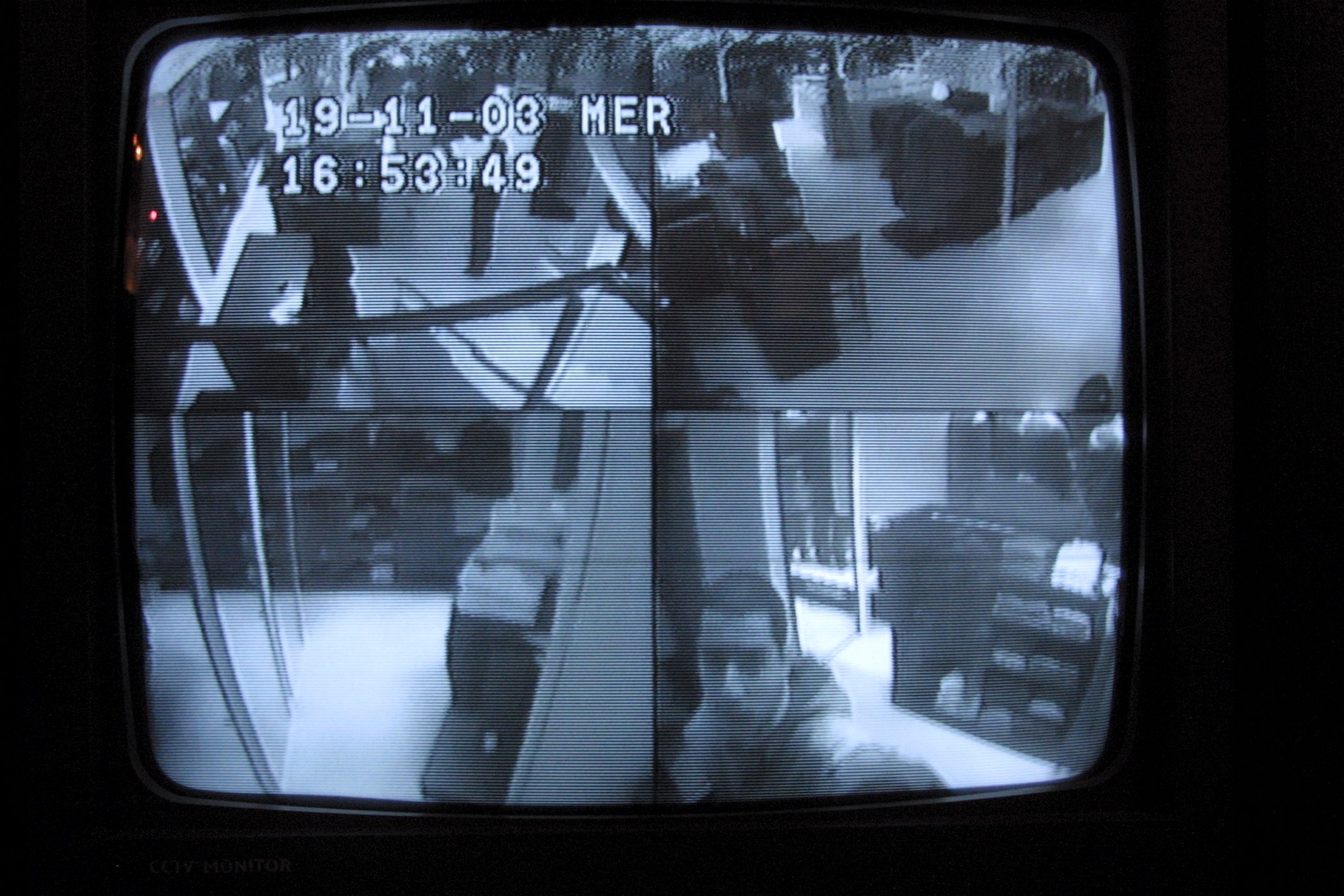LARGE GRANT AWARDED TO RESEARCH PROJECT ON SURVEILLANCE TECHNOLOGY
The Aarhus University Research Foundation has awarded a grant of DKK 2.65 million to a research project on the use of surveillance by families, schools and others.

What are the effects on a family if parents start to monitor children’s activities with the help of technology? What happens to our self-perception and our understanding of illness and health if we monitor our stress levels, sleep rhythms and fitness ratings with the aid of body sensors? And how do schoolchildren respond to being monitored by parents, teachers and each other?
These are some of the questions that will be addressed in the project “Childhood, Intimacy and Surveillance Practices” (ChIP). Anders Albrechtslund and Peter Lauritsen, associate professors of information studies, will take part in the project; and thanks to a NOVA grant from AUFF (DKK 2.65 million), two additional postdocs will be appointed as well.
Focusing on interpersonal surveillance
The purpose of the project is to examine what could be called interpersonal surveillance. Usually, surveillance is thought of in terms of citizens being kept under surveillance by the state or major companies. But in reality, citizens also keep each other and themselves under surveillance. Examples include parents monitoring their children, children monitoring each other, and institutions such as schools monitoring pupils in order to obtain information about them that can help identify and understand their strengths, weaknesses and actions.
In some cases, monitoring is used to keep an eye on children, but surveillance isn’t necessarily a bad thing. For instance, surveillance is also used for care-related purposes – keeping an eye on children in order to take care of them, or to coordinate family activities. However, surveillance isn’t only used to keep an eye on other people. In many cases we use it to keep an eye on ourselves.
“We monitor ourselves with fitness trackers that measure our pulse and activity levels, or with sensors under the mattress that monitor our sleep patterns. This form of self-tracking is interesting, not least because it gives us the opportunity to view ourselves from a new angle. We still notice how we feel, but this kind of monitoring now forms part of that awareness,” says Albrechtslund.
Establishing a lab
In addition to the appointment of two postdocs, the NOVA grant makes it possible to establish a lab in which researchers and students can experiment with various surveillance technologies.
“Usually, surveillance is something you study from a distance. We want to focus on interpersonal surveillance using various kinds of technology, and we plan to use the lab to gain experience of this technology so we can learn more about the nature of surveillance and the effects it has on us,” says Lauritsen.
The project will commence in the summer of 2016, at which time the “Surveillance Lab” is expected to be ready as well.
For further information, please contact
 | Associate professor Peter Lauritsen
mail: peter@dac.au.dk Fastnet: Mobil: 24483897 |
 | Associate professor Anders Albrechtslund
mail: alb@dac.au.dk Fastnet: Mobil: 21630388 |
